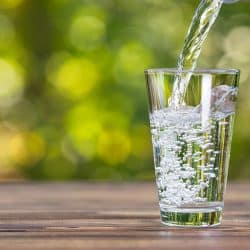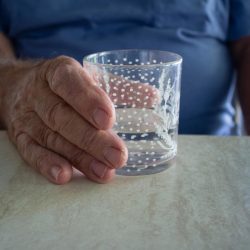Looking for the perfect drinkware? Maybe you've started looking, already knowing you want the strength of plastic. You keep seeing acrylic and polycarbonate choices. So, which do you choose? We've researched the differences between both materials to make it easy for you.
In acrylic vs. polycarbonate glasses, both have pros and cons. Acrylic is BPA free, making it the obvious choice for people who want the safest drinking glasses. However, polycarbonate is tougher and more durable.
However, this is just scratching the surface of both types of plastic. Keep reading, and we'll cover everything you need to know. Which is microwave safe? Which one keeps drinks colder? Can you put them in the dishwasher? Read more and find out!
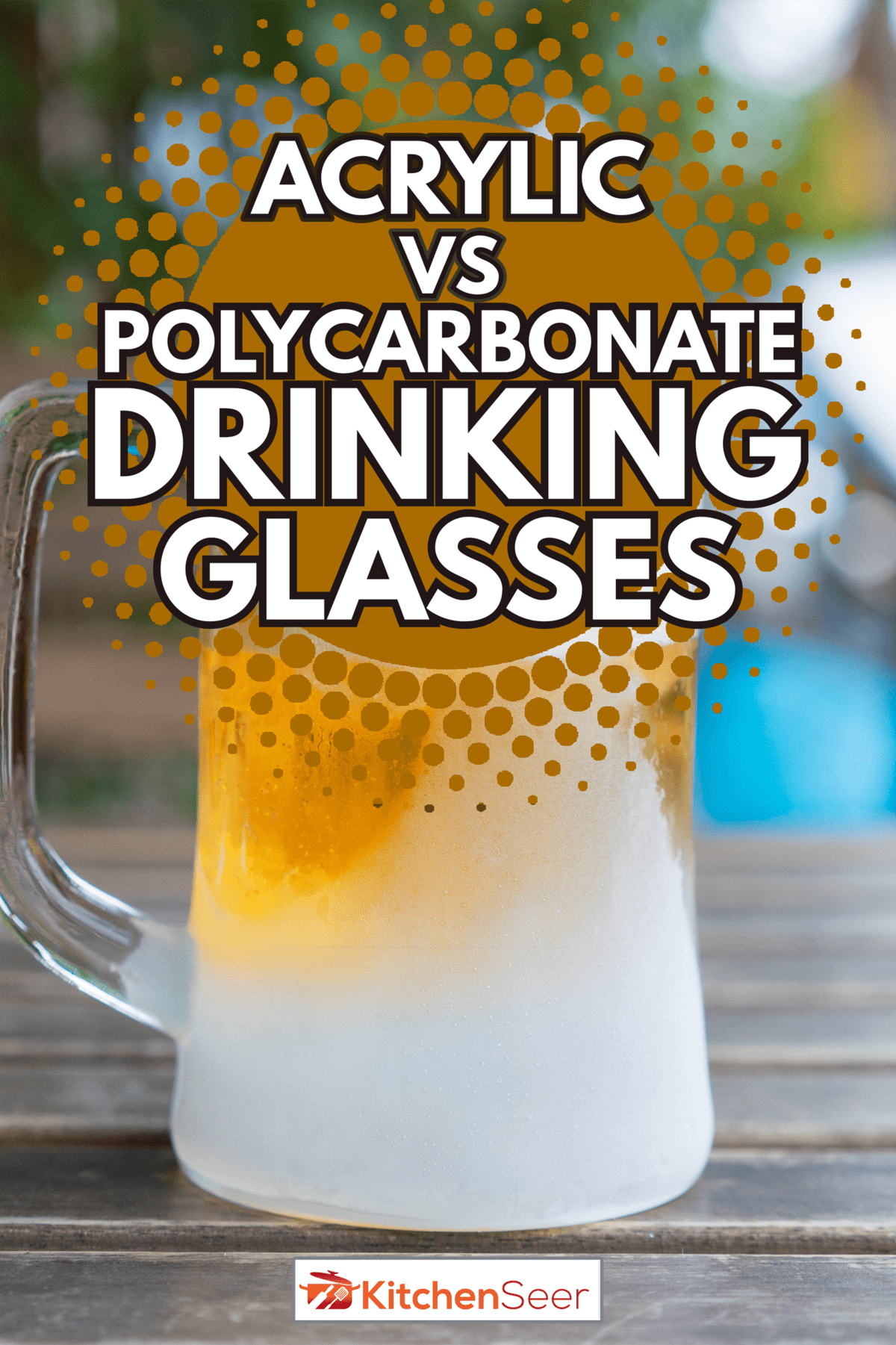
Acrylic Vs. Polycarbonate Drinking Glasses
Plastic drinking glasses can be made from many types of material. Two very common ones are acrylic and polycarbonate.
Both can look and feel like glass, but they're much stronger than glass. They're less likely to break or crack.
They can be a great choice for places like the patio, where glass may be a bad idea. However, because they are plastic, many people struggle with picking the right one.
There are so many kinds of plastic that it can be hard to sort through. Each has different properties. What they offer varies widely, from one plastic to another.
When it comes to comparing acrylic and polycarbonate, both have advantages and disadvantages. The right one for you will depend on a few factors.
In general, polycarbonate glasses are more durable, stay cold longer, and are dishwasher safe. On the other hand, acrylic glasses are safer and are BPA free. They are also more affordable.
However, all of these criteria are not as simple as they sound. For example, while one is more durable, both are still quite tough. Below, we'll compare each in more detail.
Are Polycarbonate Glasses Safe To Drink From?
Acrylic glasses, unlike most other plastic drinkware, do not contain BPA. This chemical, bisphenol A, may be harmful to people.
It can affect hormone levels by acting like estrogen. This can then affect health in many ways. Research shows it may cause infertility, metabolic dysfunction, thyroid disease, diabetes, and more.
For this reason, many people have been staying away from products that contain BPA. Many plastic cups, including polycarbonate, are made with this chemical.
Acrylic glasses are BPA free. They are one of the few plastics this is true for. If you're worried about exposure, this makes acrylic a great choice.

Are Acrylic Glasses Unbreakable?
Acrylic and polycarbonate drinkware are both more durable than glass. But while tough, acrylic is not unbreakable. Comparing the two, polycarbonate is hands down the strongest. If nearly unbreakable glasses are your goal, then polycarbonate is the choice for you.
However, it's worth noting that both are quite tough. For the average user, either one can likely meet your needs. Acrylic is still about 17 times stronger than glass. While polycarbonate is 250 times stronger, by comparison, most people really don't need this amount of protection.
On the other hand, people who tend to be clumsy may want to stick to tougher glasses. If you drop acrylic, it's likely to crack.
What Is The Most Affordable Drinking Glass?
Both polycarbonate and acrylic are more affordable than actual glass. Polycarbonate is a bit more expensive than acrylic. However, it's also more durable. Polycarbonate glasses tend to last longer than acrylic.
While acrylic is more affordable, in the long run, the costs will likely even out. Spend a bit more on polycarbonate glasses and keep them longer. Or, buy acrylic and factor in the cost of a few replacements.
The big picture really becomes which scenario you prefer. Some people don't mind saving money upfront, even knowing they'll end up spending again later. But on the other hand, others would rather pay a bit more at the start and be done with it.
Of course, if you're prone to breaking a lot of glasses, the money you save on acrylic can quickly become an unexpected loss. Frequent replacements will make it the "hidden" expensive choice. But acrylic is still a pretty tough material, and most people should not experience this problem.
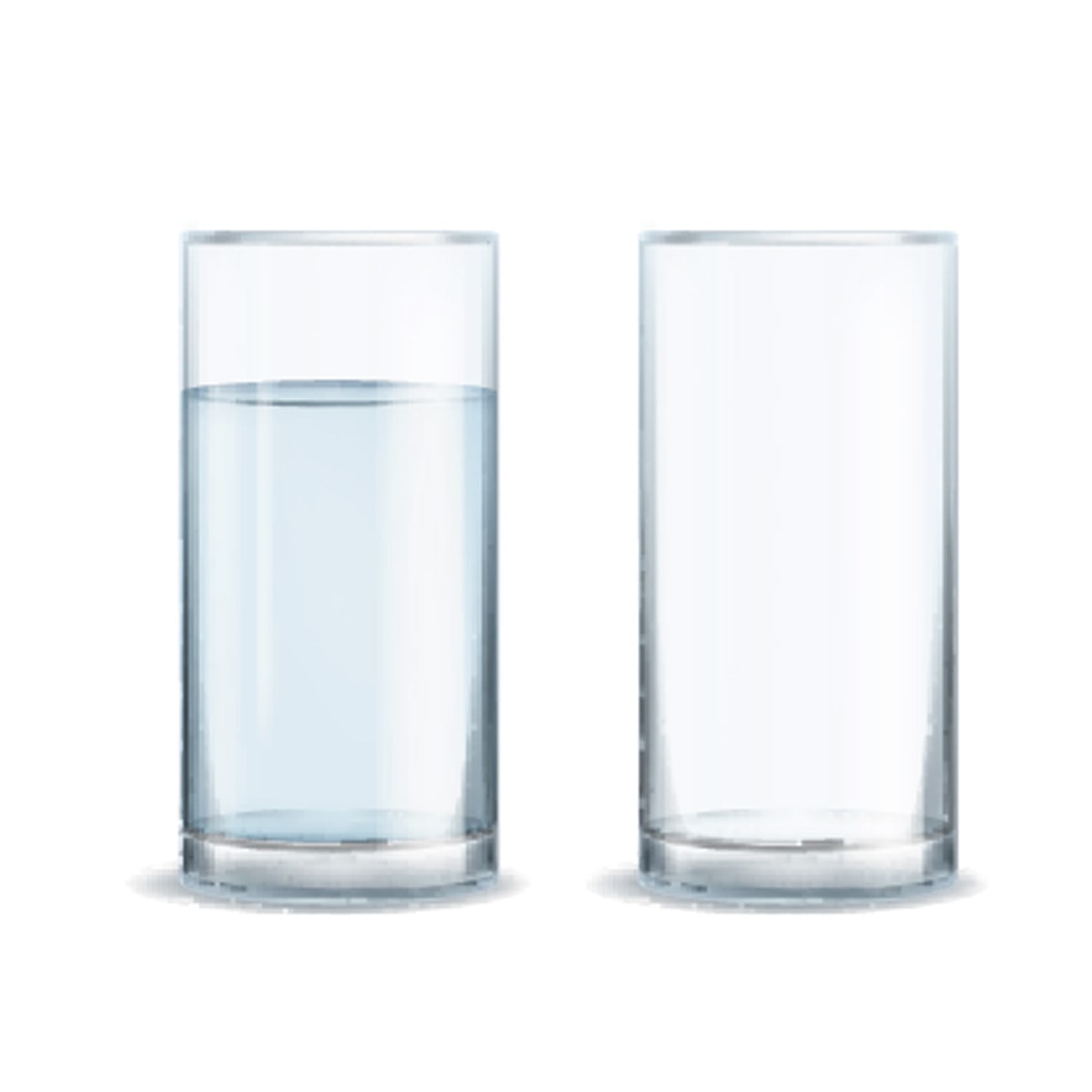
Are Acrylic Glasses Dishwasher Safe?
Acrylic glasses are generally not dishwasher safe. Even if the label claims they are, you can easily ruin your new glasses this way. The safest, gentlest option is to stick to hand washing.
Both the detergent and the heat are too hard on acrylic material. High heat can warp the glasses, destroying them immediately.
But not only that, after a few times in the dishwasher, you'll start to notice scratches. The material tends to become cloudy from surface etching.
It can also develop hairline cracks. This will significantly shorten the lifespan of your acrylic drinkware. Sooner or later, these cracks grow until the glass is no longer usable.
If your glasses say they are dishwasher safe and you want to try it, at least be careful. Use a gentle detergent, stick to the top rack only, and be sure to turn down the heat.
While polycarbonate glasses are dishwasher safe, you still need to be cautious about high heat. "Heavy-duty" or similar high-temperature dishwasher settings can crack and ruin your glasses. No plastic glasses are meant to survive temperatures above 140 degrees Fahrenheit.
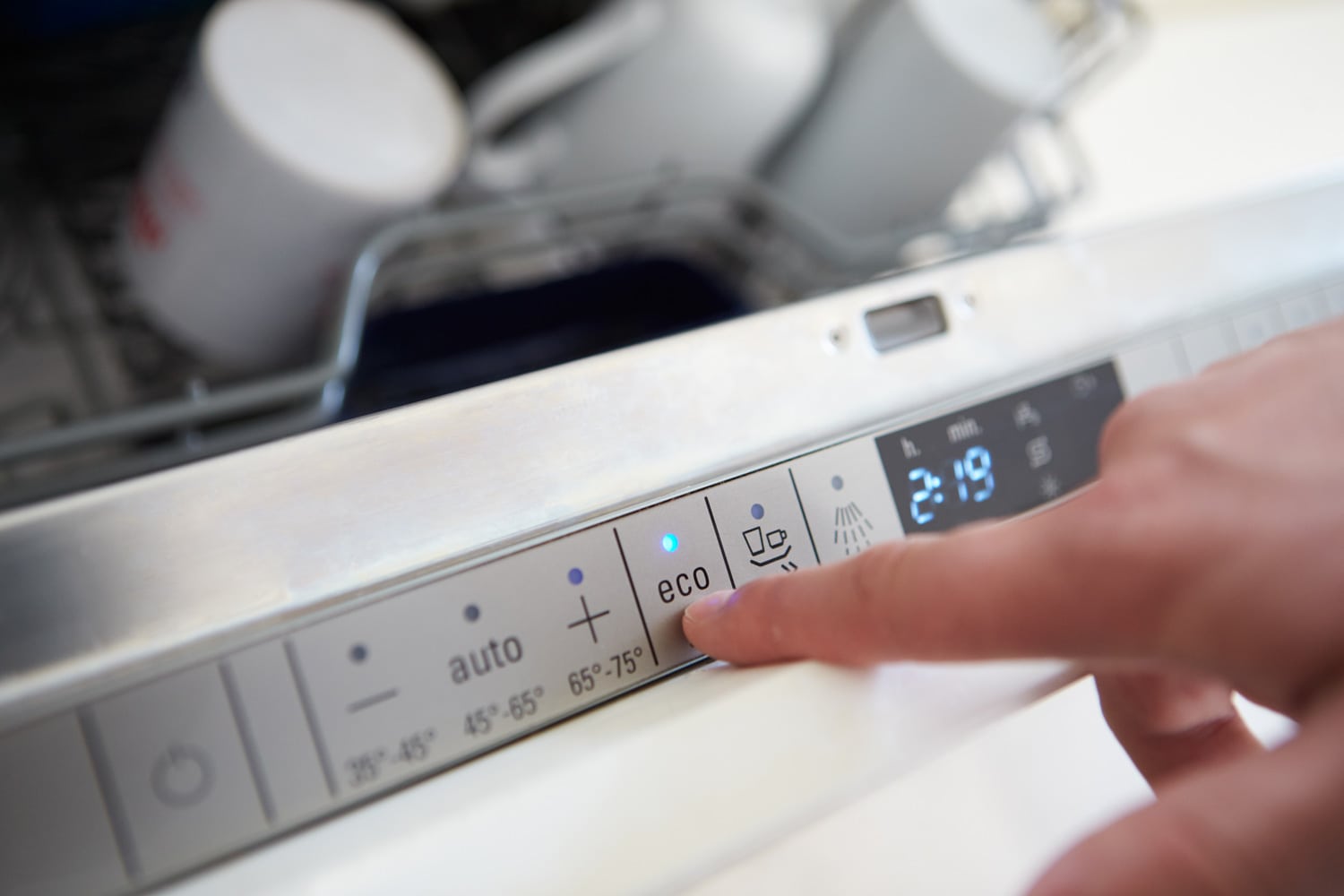
Which Has Better Insulation?
Polycarbonate has better thermal properties; it keeps drinks colder for longer.
It can also be microwaved. However, recent studies show that this may not be safe for people. While the glasses can take the heat, this can cause chemicals to then leach out. These are later ingested and may cause a host of health problems.
Acrylic, on the other hand, is not microwave safe. And it's not meant for hot beverages.
But even if it were, it's best to avoid mixing heat and plastic when possible. The transfer of chemicals may occur. It's safer to use materials like ceramic instead.
In short, neither is the best choice for hot beverages. But if you want your drink to stay cold, polycarbonate has better insulation.
Can You Put Acrylic Glasses In The Freezer?
Both types of glasses can be safe to put in the freezer. Some plastic can become brittle when cold. But these glasses can stand cold temperatures with no harm.
You can put acrylic glasses in the freezer. It won't ruin or break the glass. Just be sure to leave enough extra space for the liquid inside. As liquids freeze, they can expand. This may break the glass or make a mess if there isn't enough room.
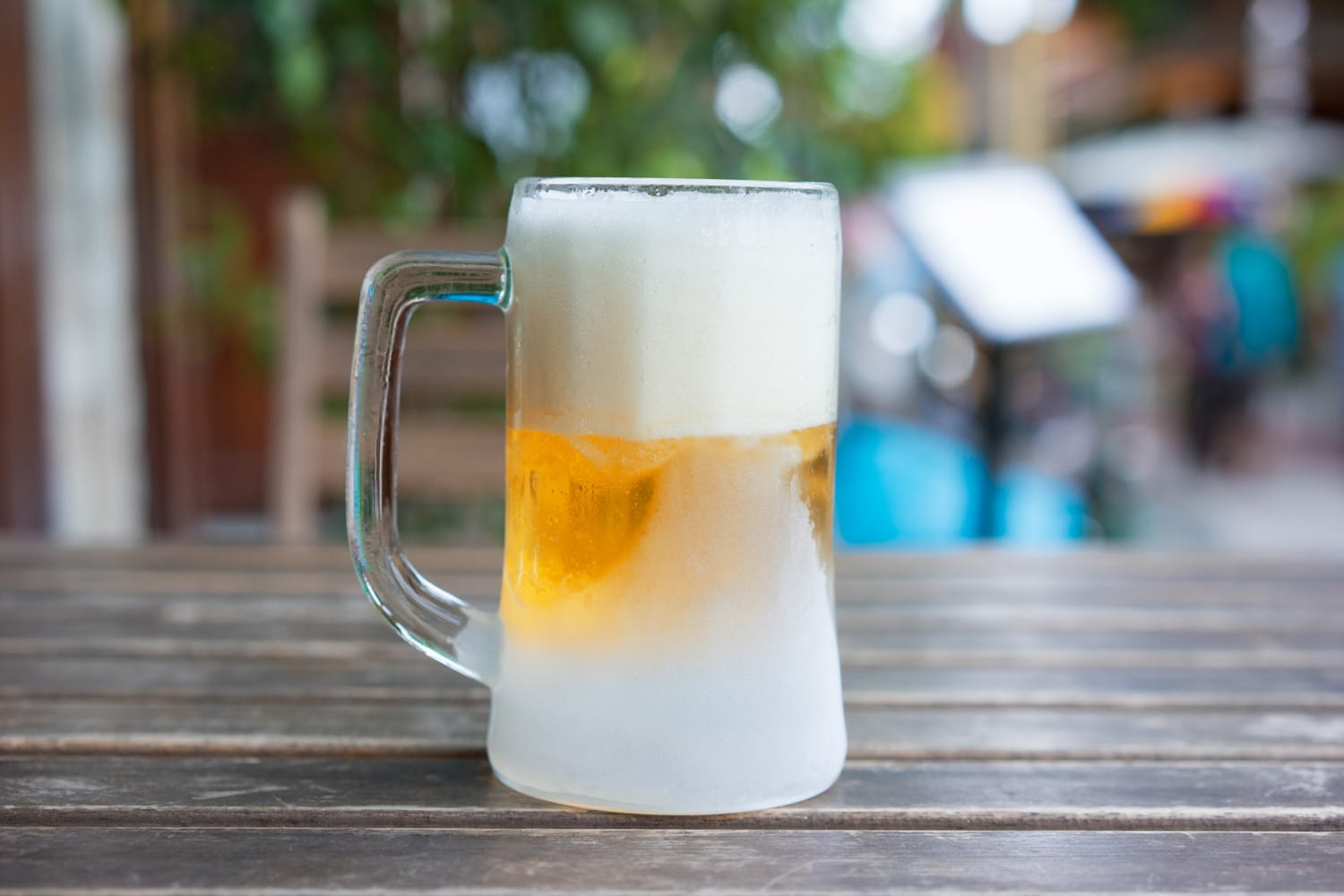
Does Polycarbonate Feel Like Glass?
Acrylic is known for how much it resembles real glass. But in modern times, either material can make a very passable look-alike.
The biggest key is quality. Cheaply made polycarbonate probably won't seem much like glass at all. However, good, well-made drinkware can use polycarbonate that feels and looks like glass.
Both plastics, though, are much lighter than true glass. In fact, this is often the easiest way to tell them apart.
Many people like the lightweight appeal of plastic. It may be a pro rather than a con for many.
But in any case, glass is just heavy and thick. When you pick up a drink that looks like glass, it's often the weight that gives it away. But with so many glasses made from plastic now, this is a detail many won't even notice.
In Closing
If you're concerned about using safe glasses, stick to acrylic. Since acrylic is BPA free, it is the best choice for people who want to avoid chemicals but need to have plastic drinkware. Acrylic is also a very affordable option.
Polycarbonate glasses have many advantages, though. They're more durable, dishwasher safe, and keep drinks cold for longer. While some acrylic glasses may say they are safe for the dishwasher, they are still more delicate. As a result, they need special care, or ideally, handwashing.
All plastics do have some chemicals that could leach, even when they are BPA free. For this reason, it's best to avoid microwaving them or using them for hot drinks.
If you enjoyed this article, try one of these next:
What Are The Best Drinking Glasses For The Elderly?
Do Drinking Glasses Wear Out? [And How To Prevent That]



![Pouring of fresh water into glass on table in kitchen, Do Drinking Glasses Wear Out? [And How To Prevent That]](https://kitchenseer.com/wp-content/uploads/2022/03/Pouring-of-fresh-water-into-glass-on-table-in-kitchen-250x250.jpg)
